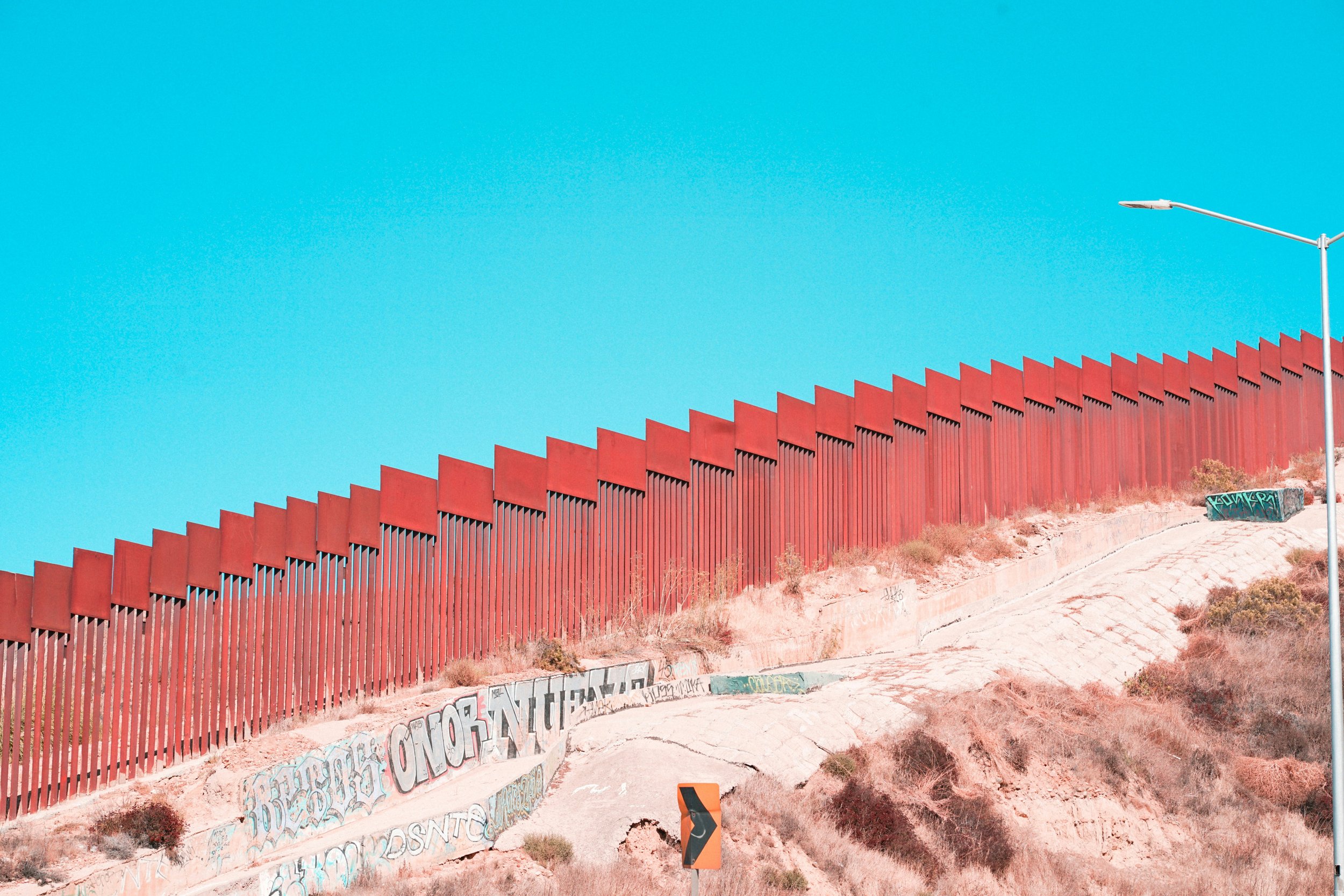What do evangelicals in the U.S. want? Immigration reform.
When do they want it? Now.
When will they get it? No time soon, it seems.
According to a recent Lifeway Research poll sponsored by the Evangelical Immigration Table and other evangelical groups, evangelicals desire immigration reform with increasing urgency. Showing a marked increase from prior years, 77 percent of poll respondents say it is important that Congress passes significant new immigration legislation in 2024 — up from 71 percent in 2022 and 68 percent in 2015.
Their opinions are in line with the wider U.S. population, which generally agrees that the current immigration system needs to be reformed. Different political groups, however, rarely agree on what exactly is broken or how to fix it.
Among evangelical leaders, the consensus is that the legislation should be both bipartisan andcomprehensive. That is the golden standard, said Chelsea Sobolik, director of government relations at World Relief — the humanitarian arm of the National Association of Evangelicals, and one of the poll’s sponsors.
Research from political scientists Ruth Melkonian-Hoover and Lyman A. Kellstedt confirms that evangelical clergy and denominational leadership tend to support immigration reform efforts, and have stepped up their involvement to support them, based on biblical principles of “welcoming the stranger.” But a combination of partisanship, presidential voting preferences, and right-wing cultural populist attitudes mean not all evangelicals feel the same, they write. In particular, white evangelical laity historically view the effects of immigration most negatively and favor the most restrictive immigration policies.
From her time working in the nation’s capital, Sobolik knows immigration issues can draw strong passions from different populations and political factions. Nonetheless, she believes in the power of faith to motivate lawmakers to find bipartisan solutions by meeting on common sacred ground.
“Americans of faith want leaders who will work together on immigration and sensible border solutions,” Sobolik said in an interview. “They want pragmatic reforms that offer increased security infrastructure without sacrificing compassion and human dignity.
“In the end, they want a different, more reasonable conversation,” she said.
Sobolik suggested those sensible solutions draw on the principles proposed by the Evangelical Immigration Table, which include: respect for the God-given dignity of every person; protecting the unity of the immediate family; respecting the rule of law; guaranteeing secure national borders; ensuring fairness to taxpayers; and establishing a path toward legal status and/or citizenship for those who qualify and who wish to become permanent residents.






